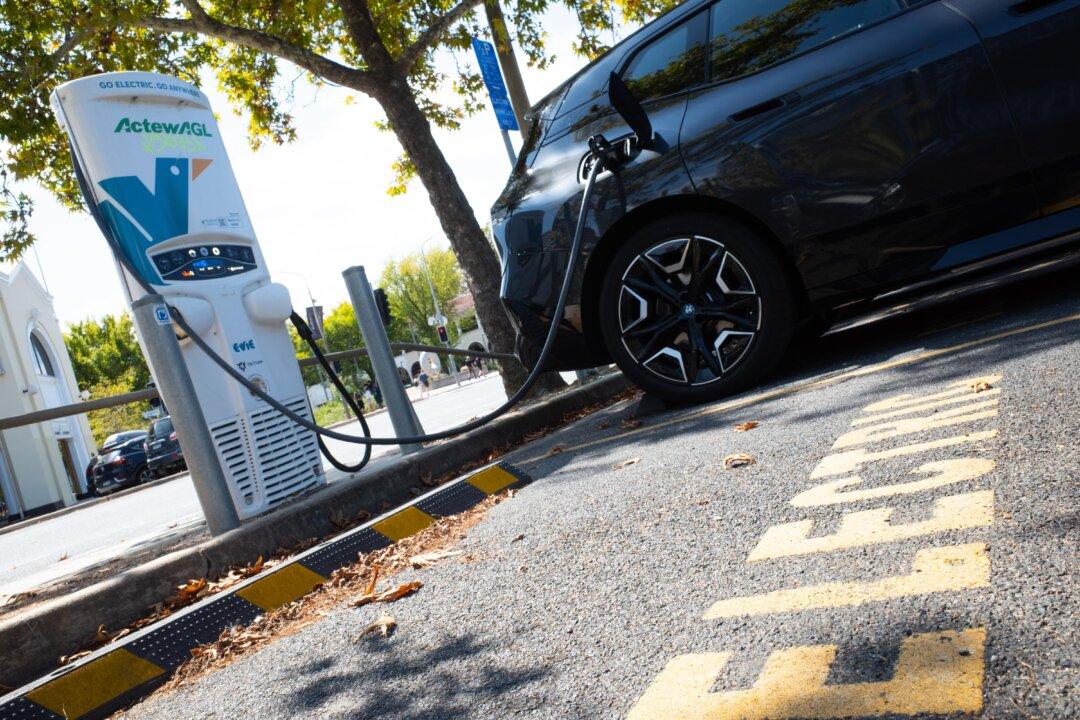A number of electric vehicle (EV) charging networks in Australia have raised their service prices as surging electricity prices bite.
Recently, Chargefox, the largest EV charging network in the country, announced that it would lift prices for some of its charging stations.





